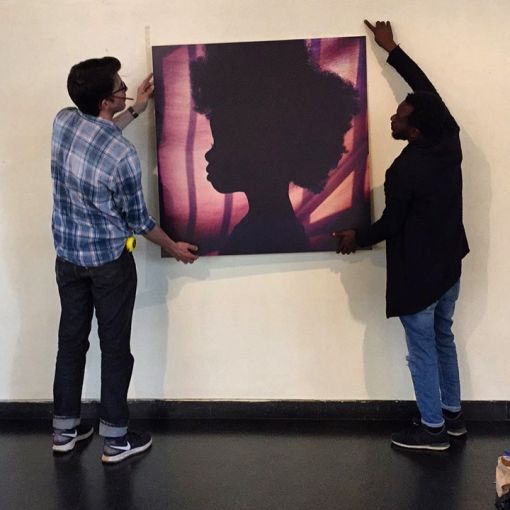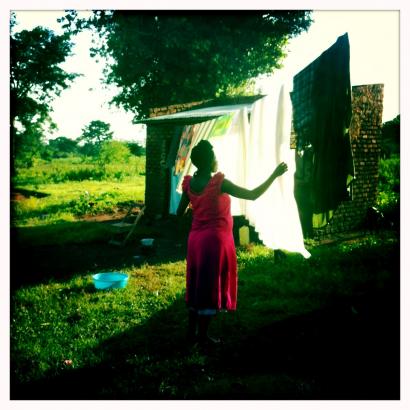
Journalists Austin Merrill and Peter DiCampo established the Instagram project Everyday Africa to go beyond the dominant narrative of war, poverty, and disease and instead spotlight ordinary life on the continent. In a newly published video and print interview with Voice of America, Merrill and DiCampo tell the story of founding the project and how it has expanded over time.
The project grew out of a Pulitzer Center grant for a story on the aftermath of the Ivorian civil war in 2012. While the stories of violence, refugees, and trauma that Merrill and DiCampo reported were pressing and true, they painted an incomplete picture of life in Ivory Coast, and one that fit in all too neatly with stereotypes about Africa as a whole. Realizing that the pictures they snapped on their cell phones told a very different and equally important story, the journalists began uploading them to Instagram. Today, the Everyday Africa Instagram account has over 370,000 followers and a diverse community of contributing photographers, most of them Africans depicting their own everyday realities.
In the interview, the journalists also discuss the extensive education arm of Everyday Africa, developed in partnership with the Pulitzer Center. "We use the story of how we created Everyday Africa to engage the students in a discussion of how media representation affects them, their lives and their communities," DiCampo says, "and we use our photography to teach basic photography lessons, so that by the end of the workshop, they have an everyday project for their own school or community."
The report, by Zoe Leoudaki, was published on the VOA News website and broadcast on Africa 54, VOA's daily TV news show for Africans.
Right now, middle school students in Washington, DC are preparing for the opening of Everyday DC, the second annual exhibition of student photography that results from a full visual arts unit in which students are introduced to Everyday Africa and use the project as a jumping-off point for creative explorations of their own communities. The exhibition will be on display at the Pepco Edison Place Gallery January 9-January 31.







